When it comes to maintaining good oral hygiene, the question of whether to brush or floss first often arises. Both brushing and flossing play vital roles in keeping your teeth and gums healthy, but understanding the correct sequence can help maximize the benefits of your oral care routine. In this article, we’ll explore the importance of brushing and flossing, the benefits of each, and whether you should brush or floss first for the best results. We’ll also provide a quick note for parents of toddlers on introducing oral care to young children.
What is Brushing?
Brushing is the act of using a toothbrush to clean the surfaces of your teeth, removing plaque, food particles, and bacteria that can lead to cavities, gum disease, and bad breath. The recommended regime for brushing is:
- How often should you brush?: Dentists recommend brushing at least twice a day—once in the morning and once before bed. This helps ensure that bacteria and plaque do not build up overnight or throughout the day.
- How to brush effectively: Use a soft-bristled toothbrush and fluoride toothpaste. Place the brush at a 45-degree angle to your gums and use gentle circular motions. Make sure to cover all areas, including the outer, inner, and chewing surfaces of your teeth, for at least two minutes.
What is Flossing?
Flossing is the process of cleaning between your teeth using dental floss. It helps remove food particles and plaque from areas a toothbrush can’t reach, particularly the tight spaces between teeth and along the gumline.
- How often should you floss?: Dentists recommend flossing once a day, usually in the evening, to ensure plaque and food debris are removed from between your teeth before you sleep.
- How to floss correctly: Use about 18 inches of dental floss, winding most of it around your fingers, and leave a few inches to work with. Gently insert the floss between your teeth, curve it around each tooth in a C-shape, and slide it up and down along the side of the tooth. Be careful not to snap the floss into your gums.
Benefits of Flossing
- Prevents gum disease: Flossing removes plaque from areas where brushing cannot reach, preventing gingivitis and gum disease.
- Reduces risk of cavities: Cleaning between the teeth helps prevent decay that can occur from trapped food particles.
- Promotes fresh breath: By removing debris between teeth, flossing reduces the chance of bad breath.
Benefits of Brushing First
- Initial plaque removal: Brushing first clears away a lot of the plaque and food particles from your teeth’s surfaces, making flossing more effective afterward.
- Strengthens teeth with fluoride: Brushing with fluoride toothpaste helps strengthen your tooth enamel from the start of your oral care routine.
Should You Brush or Floss First?
Both brushing and flossing are essential parts of oral hygiene, and it ultimately doesn’t matter which you do first as long as both are done thoroughly. However, some studies suggest that flossing first may allow fluoride from your toothpaste to reach between your teeth more effectively. By flossing first, you remove debris between your teeth, making brushing afterward more effective in applying fluoride and cleaning thoroughly.
A Note for Parents of Toddlers
Establishing good oral hygiene habits early is key to ensuring lifelong dental health. For toddlers, it’s important to introduce both brushing and flossing gently and make it a fun activity. Use a soft brush designed for young children and teach them to brush twice daily. Flossing can be introduced when your child’s teeth start to touch, usually around age 2-3. Always supervise your child’s oral care to ensure it’s done correctly.
Conclusion
While the debate of whether to brush or floss first continues, what truly matters is that both are done regularly and properly. Flossing and brushing work hand in hand to maintain healthy teeth and gums, reducing the risk of cavities, gum disease, and bad breath. Whether you prefer to floss first or brush first, consistency is key to keeping your mouth healthy. And for parents, helping your toddlers develop good oral hygiene habits early will set the stage for a lifetime of healthy smiles.
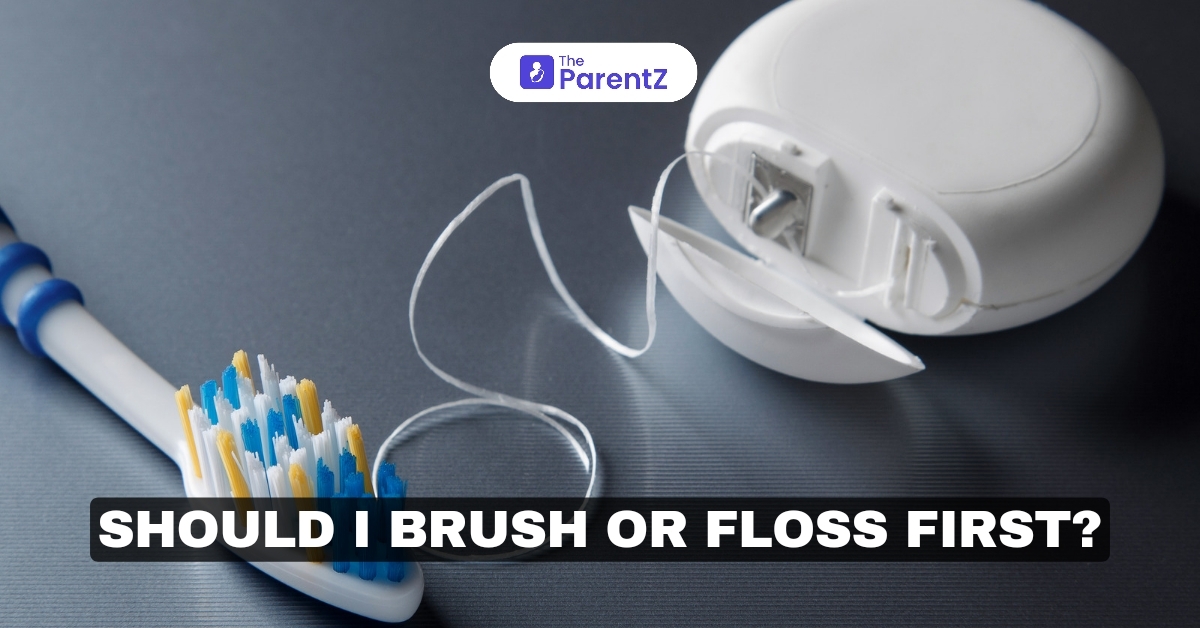



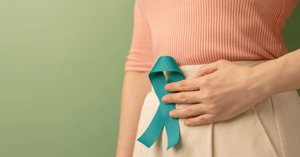
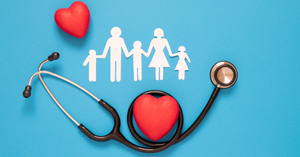
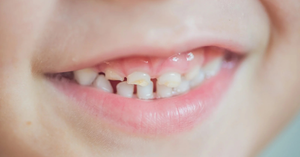
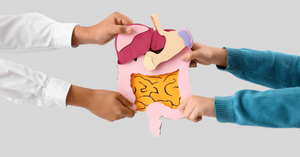

Be the first one to comment on this story.